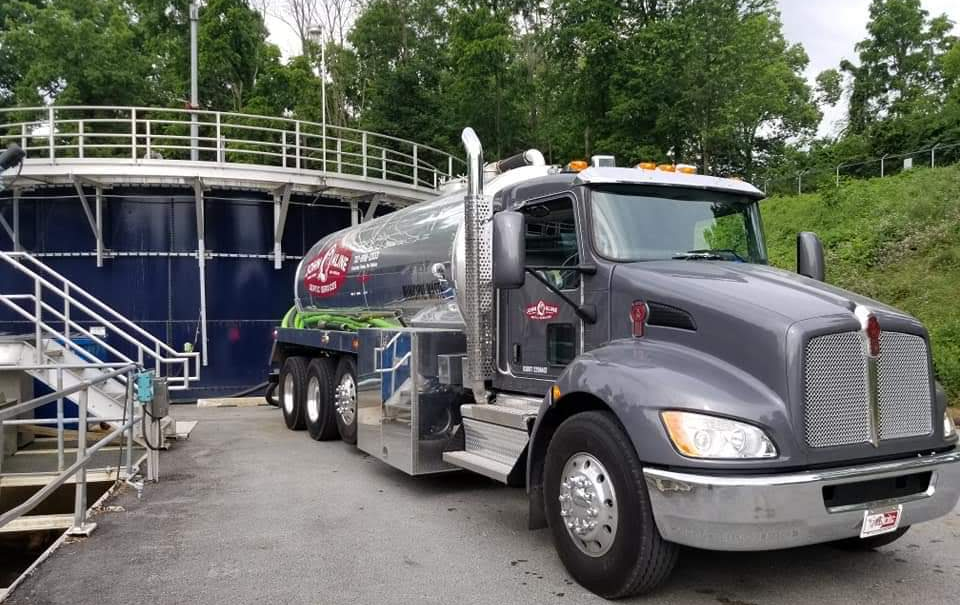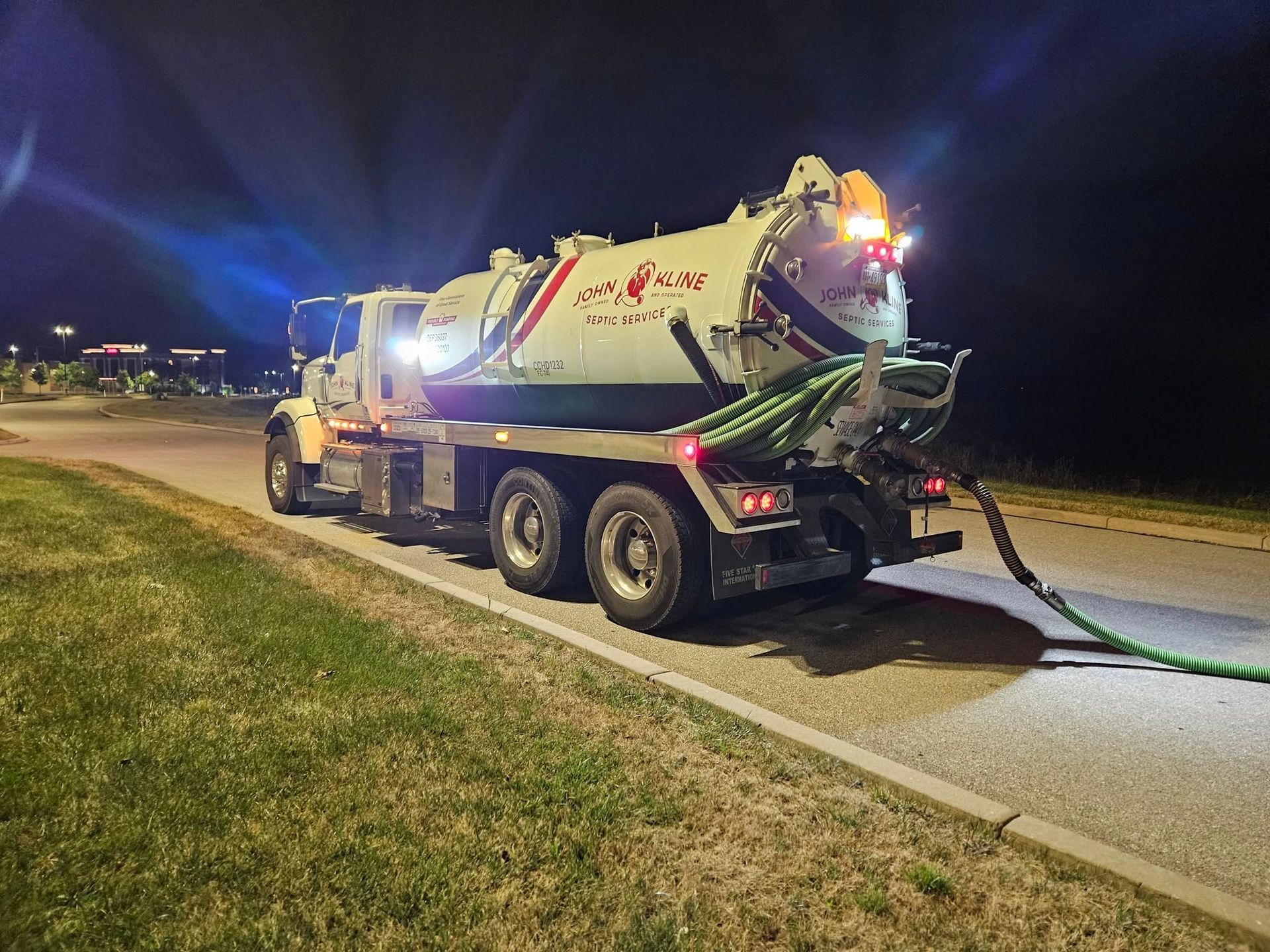Everything You Need to Know About Hydraulic Load Testing
Our realtor told us to schedule a hydraulic load test... now what?
If you're buying or selling a home that's been vacant for a period of time, your realtor or home inspector may advise you to schedule a hydraulic load test. A hydraulic load test is done to ensure that a home's septic system is working properly and the absorption area can handle a specified amount of water. A new septic system is expensive so before you buy or sell a home it's important you know what your'e getting into!
So how does a hydraulic load test work?
A hydraulic load test mimics the normal operating conditions of a home's septic system and absorption area. The entire process is similar to a perc test. During a hydraulic load test, a known volume of water is introduced into the absorption area. We record the level of liquid in the absorption area both before and after the water is introduced.
The following day we'll return and repeat the process. The hydraulic load test is used to verify that a septic system's absorption area can efficiently receive and filter a specified volume of liquid. This amount is based on what the system should be able to handle on a peak-flow day.
Things like house size and number of bedrooms determine how much water a septic system should be able to handle. Keep in mind, a hydraulic load test is only done when a home has been vacant, meaning no water has been flowing through the septic system or filtering through the absorption area. In an occupied home, septic problems would be evident with the daily use of toilets, dishwashers, laundry and showers. When a home has been vacant, however, the normal operating conditions in the absorption area are not present for a septic inspector to observe. And the longer the system has been unused, the longer it will take for normal conditions to return.
Our technicians are certified to perform septic inspections for real estate transactions and we are proud to offer affordable hydraulic load testing throughout the Central, PA area. If you'd like a quote or for us to provide you with more information, contact us today! For more information, click here to visit the Pennsylvania Septage Management Association website.






